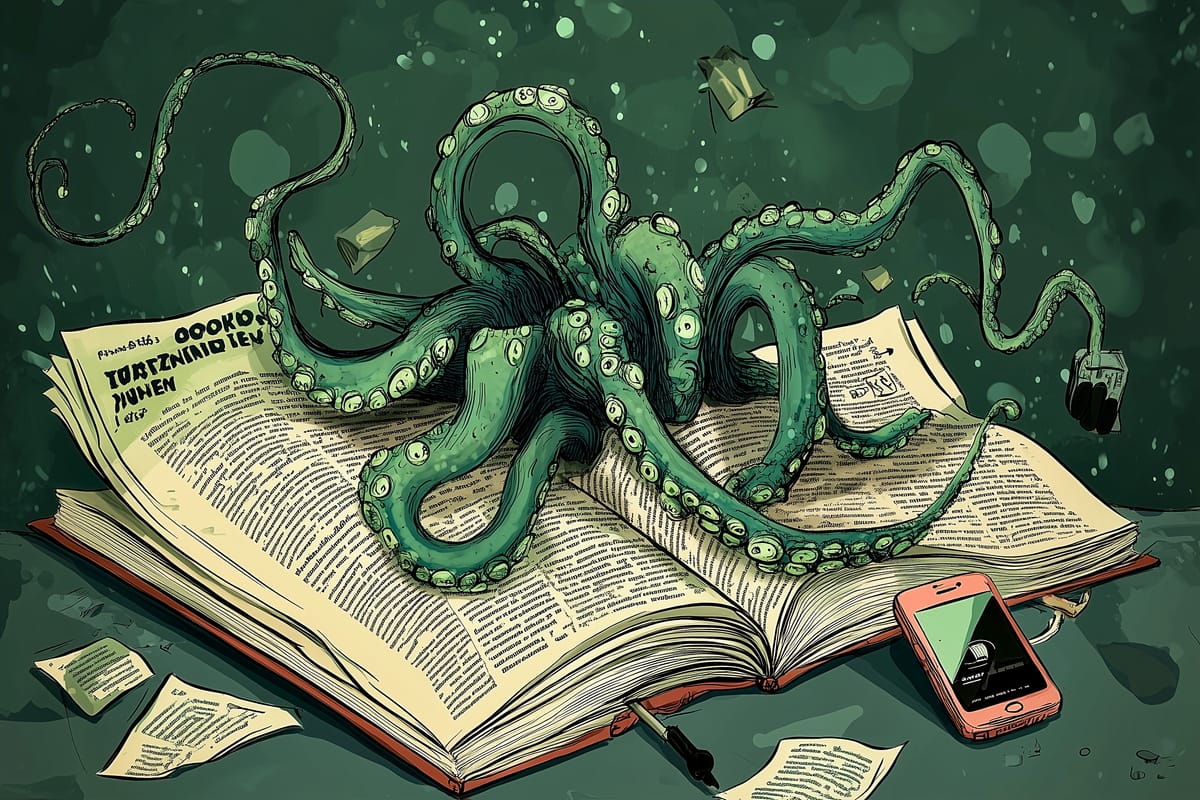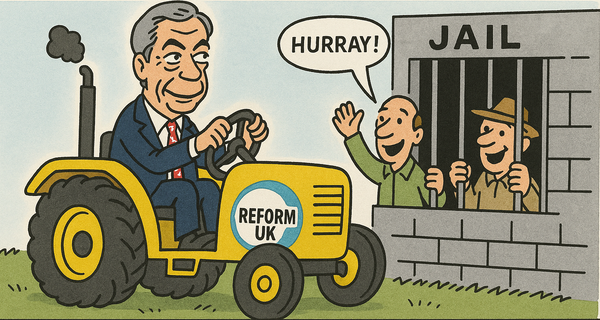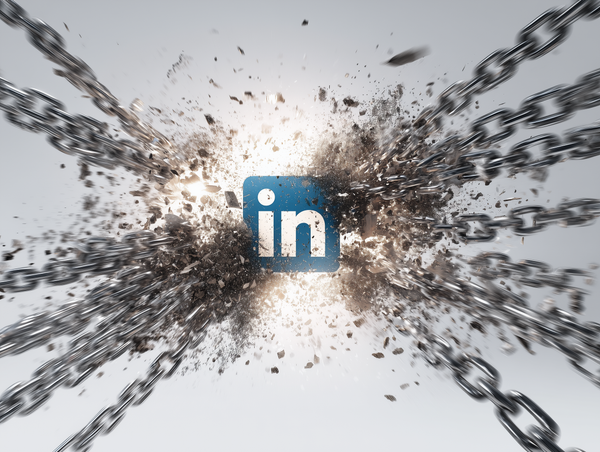Media mutatis
A new season of OM&HB is coming your way. And this might be the most interesting time to be writing about media in the two decades I've been posting here.

Ooh, get me. A sorta Latin headline. That ain’t optimised for SEO, is it?
Fridays are interesting days here in the journalism office at City St George’s in London. Most of the lecturing staff aren’t here – but those who are tend to be frantically busy. So, most of my conversations with some of my colleagues – Matt, Sandy, Lara, Kath — have been rather brief. But they’ve had a very consistent tone.
The students’ expectations are changing. They come from a media world where podcasts, YouTube and TikTok are as valid a form of news media as print and the web. And, at the same time, as we watch the Trump administration deliver shockwave after shockwave to US society, and the US media, too, we can’t help but see that the way society processes and deals with events has profoundly altered. (As I write this, the extraordinary confrontation between Trump, Vance, and President Zelenskyy of Ukrainian in the White House is all over social channels, with video clips circulating virally. It’s quite something to see two of the most powerful people in the world attacking Zelenskyy with the language of Boomers arguing in a Facebook group.)
Emergent media eclipses established media
The media ecosystem is changing. Or, perhaps, more accurately, it has already changed. The world of media we knew and understood is over. Relics of it will pass into the new age in new forms, and may well thrive there, but the media landscape I knew when I entered the industry back in a year that started with a “1”, is forever gone. It is not coming back.
What follows is something mutant, something unrecognisable. And which will new skills to navigate, even as we fight to preserve the best aspects of the old media world. We will have to change – and are changing. But so, too, will every business that wants to survive. It feels like we’ve been saying that for 20 years – and it’s because we have. But the one-off digital transition idea is dead and buried. We’re living in an era of constant, rapid evolution, and it’s far from done. Anybody who tells you they know what the internet will do to society is a lier and a grifter because we’re all, as a species, sorting that out. And we may be for decades to come.
Nonetheless, journalism must have a role in this. The one thing that is abundantly clear is that the incredible volumes of poor information, misinformation and outright disinformation out there are a threat to peace and stability. And we need to find a way of preserving the practice of reliable, thick and authoritative journalism far more than we need to preserve the old structure we used to deliver it.
Finding the new mainstream
Those of you who read via newsletter rather than RSS will be unaware of that, but I’ve been quietly starting to explore that this week, through links, through commentary on a UK select committee, through a look at aspects of Musk and Trump’s media outputs and things I’m sharing with my students.
This is me warming up, giving myself a stretch and a quick jog around the track before the race.
Last year, I said I was moving to a seasonal model here. Well, the second season is about to begin. And, unless something dramatic happens, I’m looking to explore what the “media” actually is these days. To look outside the bubble of the established news media brands, and look at both the technologies and the emergent media that’s reshaping our information landscape. And how we can take those tools, and make something new, something flexible, and something sustainable.





